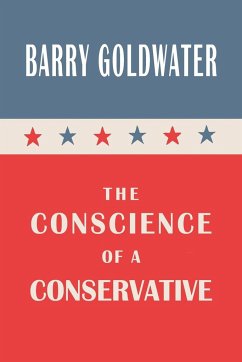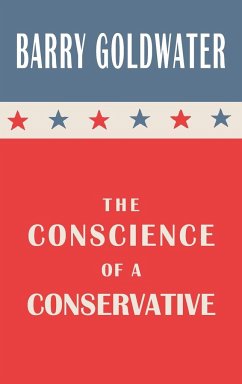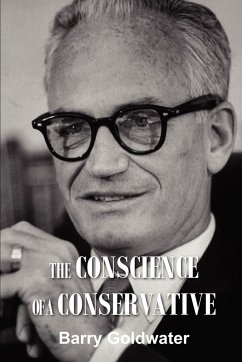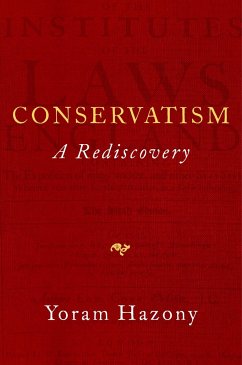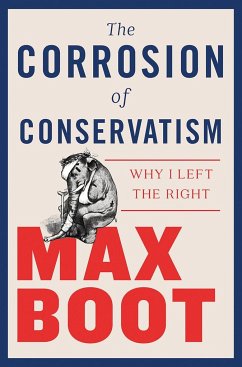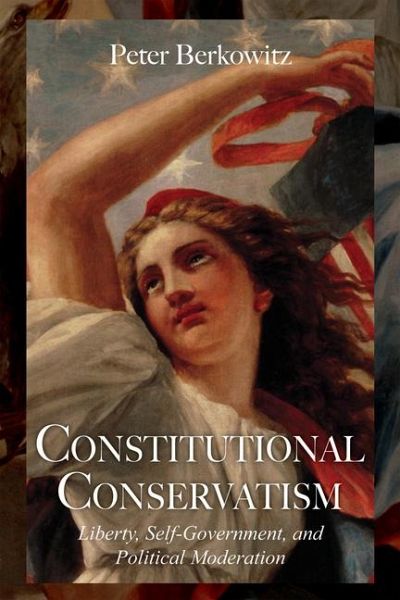
Constitutional Conservatism
Liberty, Self-Government, and Political Moderation

PAYBACK Punkte
8 °P sammeln!
Can social conservatives and libertarians ever move beyond "agreeing to disagree"? Is a meeting of minds possible? Can those who emphasize safeguarding traditional morality and religion and those who stress the need to keep government firmly within fixed bounds form a principled alliance? In Constitutional Conservatism, Peter Berkowitz argues that the top political priority for social conservatives and libertarians should be to rally around the principles of liberty embodied in the U.S. Constitution. A constitutional conservatism, he contends, can be both principled and politically potent. Con...
Can social conservatives and libertarians ever move beyond "agreeing to disagree"? Is a meeting of minds possible? Can those who emphasize safeguarding traditional morality and religion and those who stress the need to keep government firmly within fixed bounds form a principled alliance? In Constitutional Conservatism, Peter Berkowitz argues that the top political priority for social conservatives and libertarians should be to rally around the principles of liberty embodied in the U.S. Constitution. A constitutional conservatism, he contends, can be both principled and politically potent. Constitutional conservatism belongs to a distinguished tradition of defending liberty. As the author shows, it derives support from the eighteenth-century speeches and writings of British statesman Edmund Burke, who is regarded as the father of that form of modern conservatism devoted to liberty's defense. It flows out of the US Constitution and The Federalist's authoritative exposition of the crystalization of the principles of in America's founding charter. It was recovered in post-World War II America as conservatives grappled with the massive growth of the state at home and the threat of communism abroad. Each of these critical moments in the making of modern conservatism, Berkowitz argues, teaches the importance of political moderation, the finest form of which in a liberal democracy consists in reconciling the claims of liberty with those of tradition, order, and virtue. Today, more than ever, conserving the liberty that social conservatives and libertarians rightly prize depends on balancing rival but worthy principles. Honoring the imperatives of a constitutional conservatism will require both social conservatives and libertarian conservatives to bite their fair share of bullets as they prudently translate principles, priorities, and policies into concrete legislative programs, national security measures, and diplomatic initiatives. Crucial to the task, Berkowitz demonstrates, is recovering the lesson of moderation at the core of constitutional conservatism.




